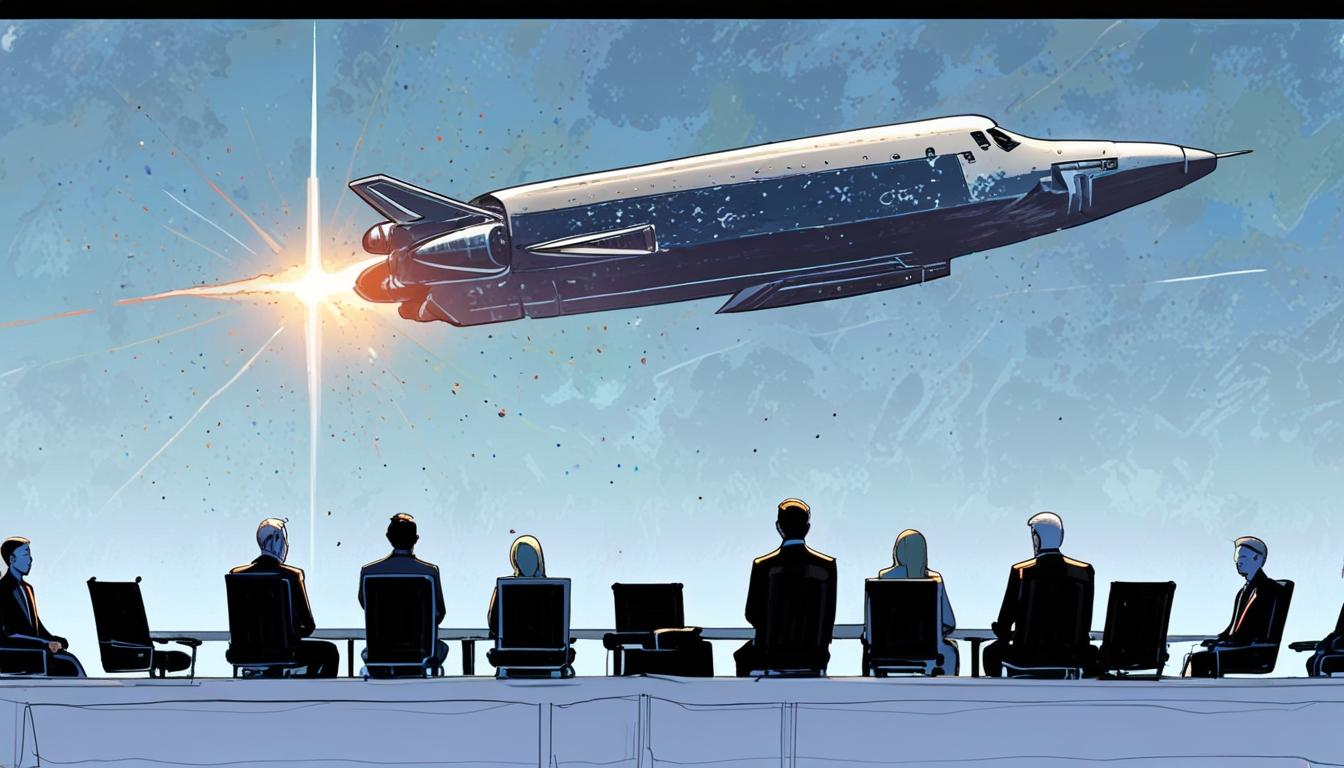On Earth Day, as global attention turns to the planet’s environmental challenges, two significant but seemingly unrelated events have underscored the complex issues facing humanity today: the explosive failure of SpaceX’s Starship rocket and the tense geopolitical discussions at the Munich Security Conference.
SpaceX experienced a major setback when its Starship vehicle, a towering 123-metre rocket, suffered a catastrophic failure shortly after launch. According to reports, the booster stage landed successfully, but the upper stage lost control and spun uncontrollably, reaching an altitude of nearly 140 kilometres before a "rapid, unscheduled disassembly" occurred. This incident scattered debris across parts of Florida, with images and videos circulating widely online showing burning fragments falling back to Earth. The event marks the second such failure within a two-month period, raising concerns about the reliability of the Starship programme. These challenges have implications beyond immediate safety risks, particularly as NASA plans to utilise the Starship for future lunar missions and as SpaceX’s founder Elon Musk pursues ambitions for Mars exploration.
Simultaneously, the Munich Security Conference convened key political and military figures, spotlighting Europe’s precarious position amid shifting global power dynamics. Discussions were dominated by the ongoing conflict in Ukraine, with high-profile meetings including Ukrainian President Volodymyr Zelenskyy and various US officials. The conference revealed worries about Europe’s potential marginalisation in peace negotiations due to persistent defence spending shortfalls across several EU member states. The situation underscored the necessity of stronger collaboration both within Europe and with allies such as the United Kingdom and Norway to ensure a coherent and effective approach to regional security.
Despite their different contexts, these two developments share a fundamental theme: the critical need for responsible innovation and robust cooperation when addressing the complex challenges facing humanity. The technical difficulties encountered by SpaceX highlight the formidable risks involved in advancing space exploration, while the geopolitical anxieties reflected at Munich reveal the fragile nature of international security structures.
Observing these events on Earth Day adds a poignant dimension to discussions about humanity’s future, encompassing the stewardship of our planet alongside the pursuit of technological progress and peace. The juxtaposition of rocket debris falling to Earth and diplomatic efforts to manage conflict illustrates the intricate balance between exploration and preservation that defines contemporary global affairs.
The Jobaaj Stories coverage emphasises these intertwined challenges, encouraging ongoing attention to developments in space technology and international relations to better understand their impact on the world’s future trajectory.
Source: Noah Wire Services
